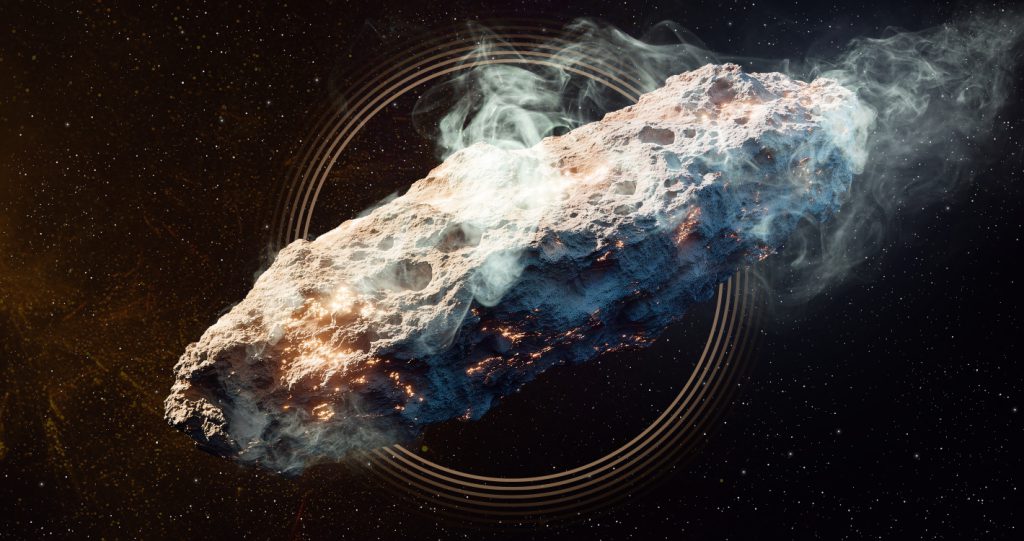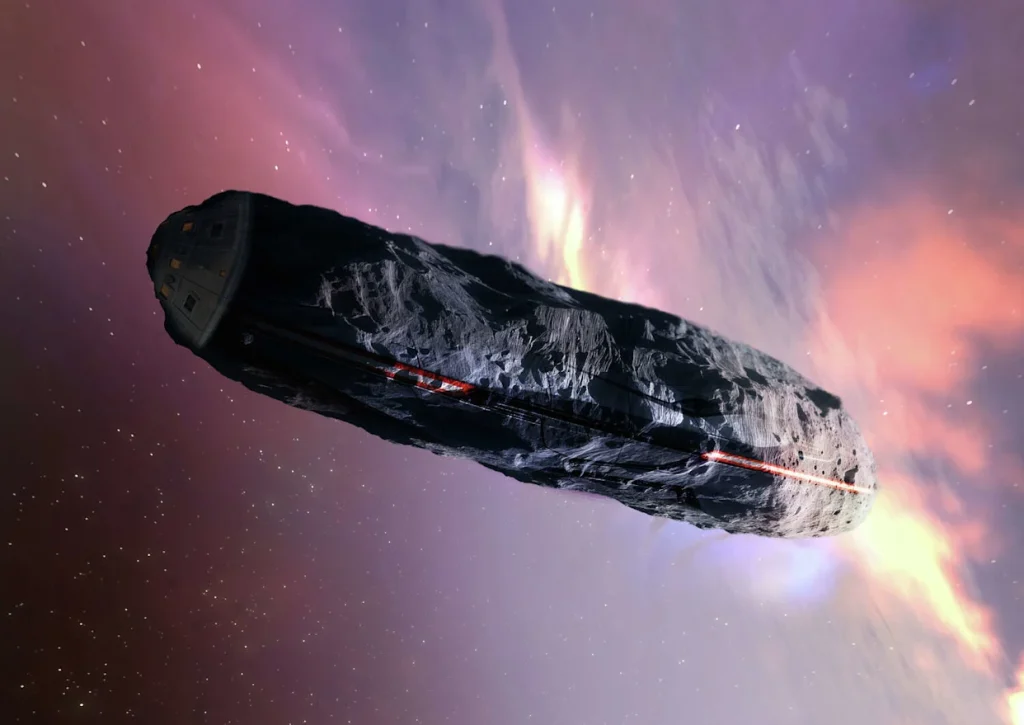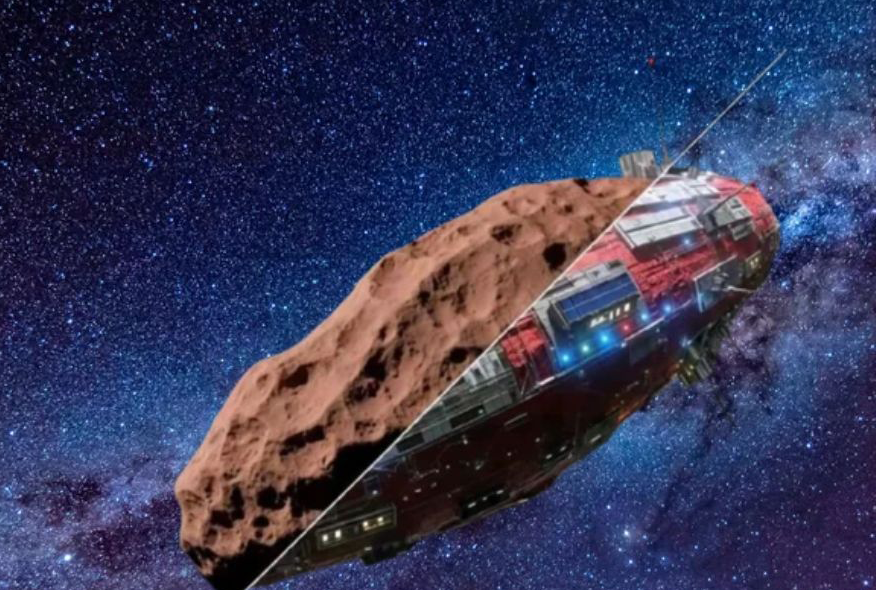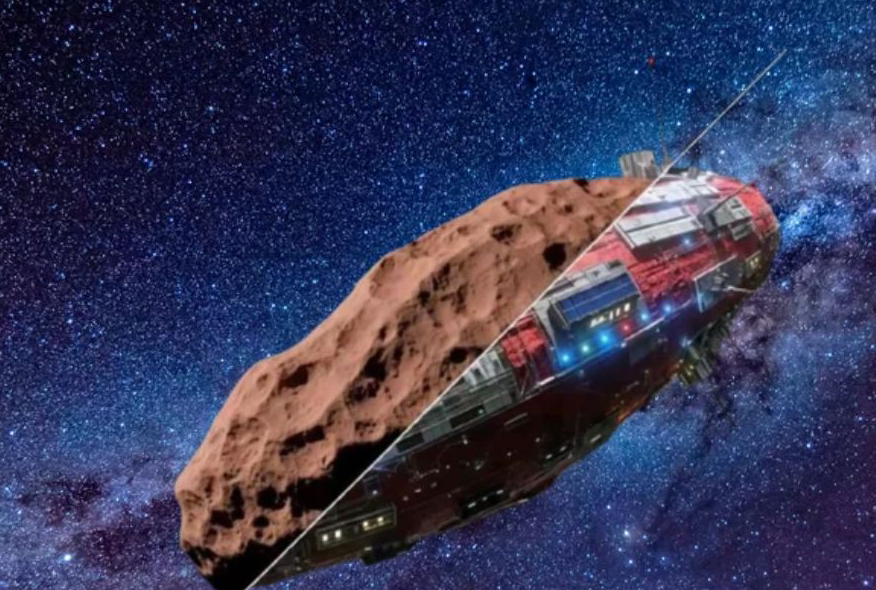It began with silence. For weeks, the world watched as the mysterious object known as 3I/ATLAS drifted closer to Earth, its surface glinting faintly in the blackness of space. Astronomers called it an asteroid. Governments called it classified. But Elon Musk called it something else entirely — “a visitor.”
Thank you for reading this post, don't forget to subscribe!Then, on a cold morning that seemed to stretch forever, the silence broke. Satellites blinked out one by one, their signals swallowed by an invisible surge. The object stopped moving — and then… it began to unfold. What appeared at first to be fractured rock split open like a cocoon, revealing a vast lattice of light, humming with geometric precision. The images transmitted from SpaceX’s orbital telescope lasted only seven seconds before the feed cut to static. But those seven seconds changed everything.

Around the globe, compasses spun wildly. The aurora borealis bled across the equator, casting strange shadows even at noon. Tides shifted; the air itself seemed to pulse. Scientists scrambled to explain it, but no theory could fit the data. It was as if the planet’s magnetic heart had begun to stutter — or was being rewritten.
From an underground command center, Musk addressed the world. His face was pale, his words careful. “What’s above us… it’s not a natural object,” he said. “It’s responding. Every time we observe it, it observes us back.”

That night, the first sound came. A low, trembling resonance that rolled through the atmosphere like thunder with no storm. Buildings vibrated, oceans rippled, and animals fled inland. The sound wasn’t random — it carried rhythm. Some said it was language. Others said it was warning.

Musk’s final words before communication was lost still circulate in fragments across encrypted channels:
“We thought we were the first to reach for the stars. But maybe the stars reached back… and now they’ve come to collect what’s theirs.”
